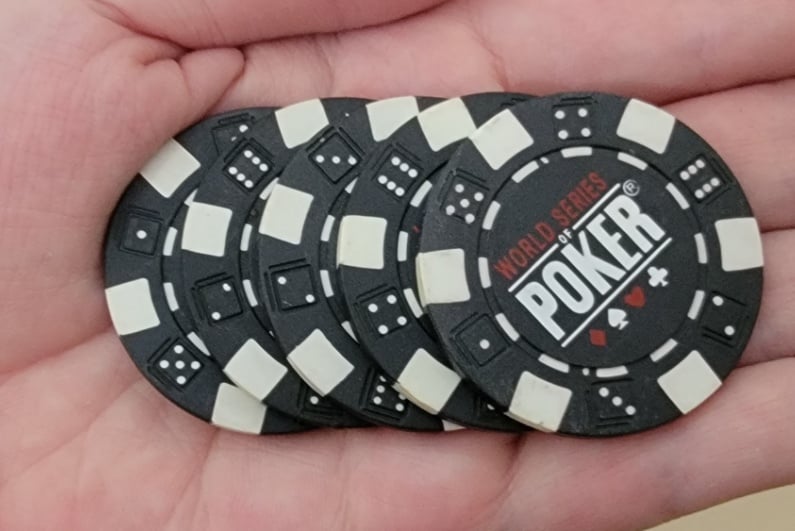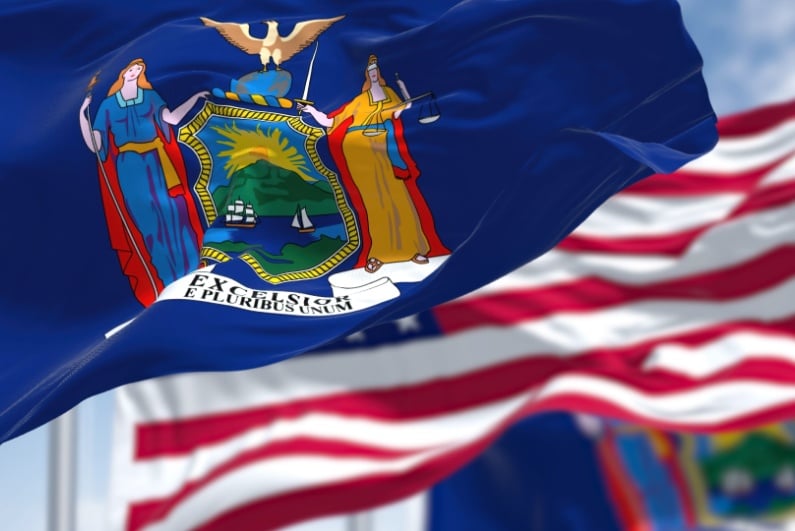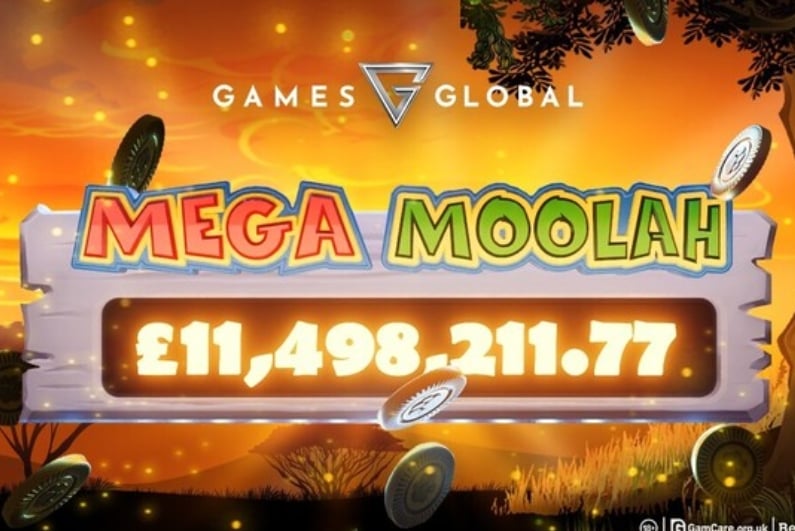Starling Bank has announced the introduction of a gambling blocker for its clients, allowing them to block any attempted payments to gaming companies. This comes after Monzo announced a similar scheme in May, which suggests the beginning of a new way for those addicted to gambling to regain control of their spending.
For those interested in keeping vulnerable gambling users playing safely, Gina Clarke has produced a run-down of exactly what sets the two apart.
Starling
Starling bank is an app-based bank that was granted a limited license in 2017. It has been rolling out its system to a small group of beta testers over the past few months and has now made it available to the wider public. The app offers real-time updates on how users are spending their money, thus giving them the opportunity to consider their spending more carefully. An account comes with a contactless payment card and is compatible with Apple Pay.
A key non-traditional feature for the brand is the option to “switch off” your card if you misplace it but have not lost it, all via the app.
Monzo
Monzo is also an app-based mobile bank. It was granted a full license in 2017, allowing it to offer a full current account to customers, including the ability to set up direct debits.
The app breaks down customers’ spending into different categories, allowing for easier budgeting and full transparency of where users’ money is being spent. The bank offers debit cards (those bright orange ones you can spot a mile off!), and accounts are compatible with Apple Pay. My colleague Mark Richards described a bit about what the bank was offering last week, but these new changes from Starling could blow them out of the water. After all, first doesn’t always equal best.
Common ground
When it comes to gambling, both systems are operating on an opt-in basis. Starling’s CEO, Anne Boden, said: “This isn’t about telling customers not to gamble, it’s about providing problem gamblers with a simple and effective tool that can help them to regain control over their finances.”
With Starling’s system, if a user attempts to remove the block on the bank’s app, they will receive a message offering them assistance if they think they may need help: “You are canceling the block you put in place to prevent you from gambling. If you are worried you spend more than you should on gambling, call the National Gambling Helpline now on 0808 8030 133 for free advice on how to stay in control.”
In contrast, Monzo’s system actually requires users who have opted into the blocking scheme to call the bank’s customer services department. Users will then be directed to a member of staff who has been trained to work with vulnerable customers to discuss removing the block and, even if they do agree to it being removed, it will take around 48 hours for the system to lift the restriction.
It is worth noting that high street bank Barclays also offers its credit card customers the option to block any gaming transactions, but the bank has not rolled out the scheme to current accounts at this stage.
As self-exclusion evolves, so will banking. Be prepared for a lot more changes to be in the pipeline, including from more mainstream banks. Though, for now, the apps have the edge.




